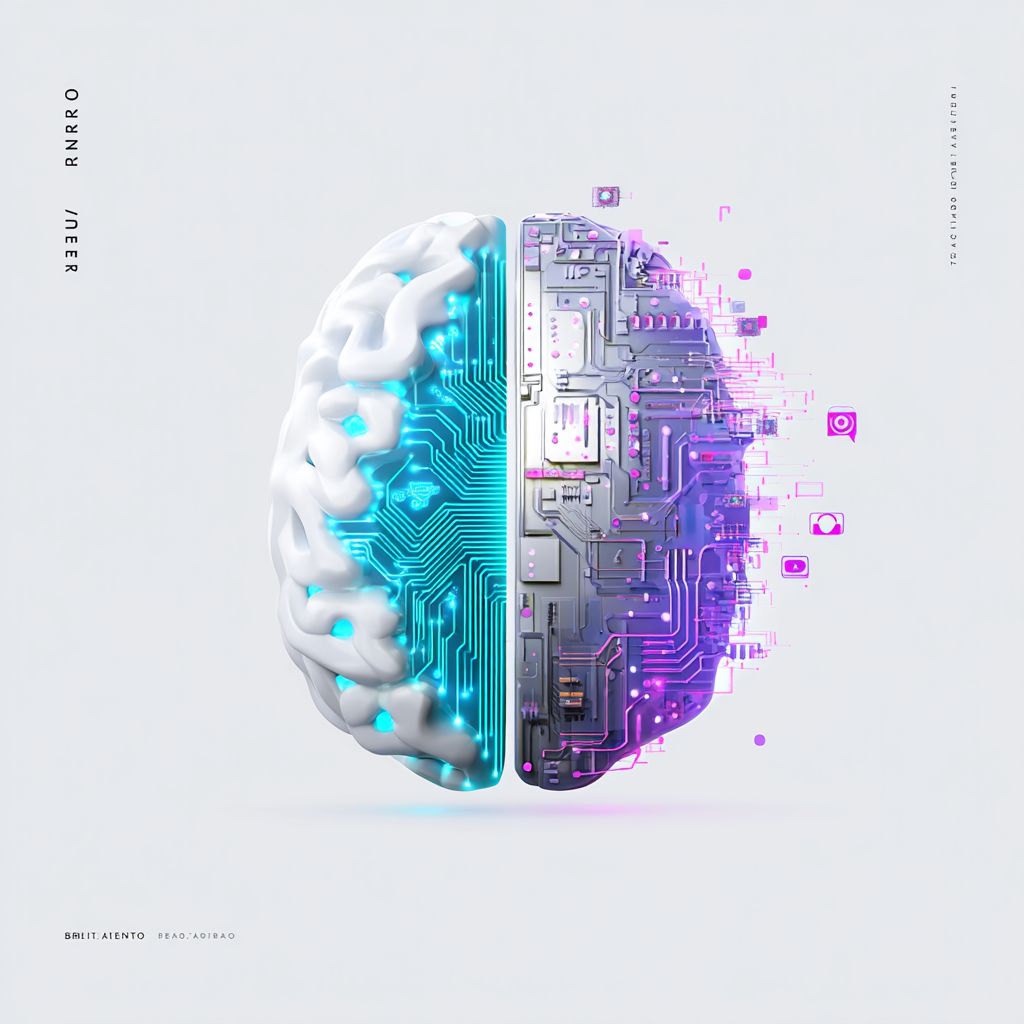
What’s new in AI & research
- Autonomous or semi-autonomous research agents
Recent work shows AI systems doing more than assisting: they are beginning to generate hypotheses, design experiments, analyze data, and even write scientific reports with minimal human intervention. For example, From AI for Science to Agentic Science is a survey (Wei et al., 2025) of how AI is evolving toward having “agency” in scientific discovery — moving from being a tool for help to being more of a partner. arXiv
Another example is The AI Scientist-v2, which submitted fully AI-generated manuscripts to peer‐review workshops. Though human oversight was still needed in many parts, this is a milestone: an AI doing many steps that were traditionally human-only. arXiv
- Massive data scale + infrastructure improvements
AI’s usefulness is tied closely to data: more data, richer data, more varied modalities (text, image, video, genomics), and better computational tools to handle them. Reports show things like super-computers dedicated to supporting AI research (e.g. “Doudna” at Berkeley Lab) and investments to build “AI-ready test beds” where researchers can safely experiment with AI systems. AP News+1 Also, AI model scale is rapidly increasing (datasets, compute) though with concerns about efficiency and environmental cost. Stanford HAI - AI tools for literature reviews, hypothesis generation, and detecting bias
Because there’s an explosion of publications, AI is being used to help researchers sift through the literature more quickly. For instance, tools are emerging to detect predatory journals, flag problematic citation practices, or bias in the research literature. Crescendo.ai+1
There are also “virtual research assistants” being developed (e.g. at Oxford) that reduce workload by filtering promising leads in large datasets (like astronomical signals) so that scientists can focus their effort. Windows Central
- Ethical, reliability, and oversight concerns coming into sharper focus
As AI takes bigger roles, concerns are becoming more visible. Issues include inaccurate or misleading outputs (“hallucinations”), bias in data, reproducibility, ethical questions (who gets credit, who is responsible when AI is wrong), and environmental cost. Nature+2Stanford HAI+2
What this means (for us, in therapy & education & research) — “so what”
- Faster literature reviews, hypothesis generation, and data analysis could mean that clinicians and researcher-therapists (like us) can stay more up‐to‐date with less time.
- AI may help identify new research directions or gaps (e.g. in intervention outcomes, in understudied populations) that we haven’t noticed.
- But we have to be cautious: we don’t want to over-trust AI outputs without verifying; mistakes can propagate. Also, certain tasks (like diagnosing, deciding goals) still require human expertise and ethical judgment.
- Also, issues of access and equity matter: who gets to use these more advanced AI tools (large institutions vs small clinics)? Data privacy, consent, and transparency are not going away.
What to watch next
Here are some topics I’m planning to dive into in future issues:
- Deep dive: agentic science vs human-in-the-loop models — what are the advantages, limitations, and ethical trade-offs.
- Case studies of AI detecting bias, or faulty methodology in published research.
- Practical tools for speech-language therapy research: what’s available now for us to use.
- Guidelines and standards: how professional bodies are responding to AI in research, especially for things like authorship, attribution, and rights.
References
Wei, J., Yang, Y., Zhang, X., Chen, Y., Zhuang, X., Gao, Y., Zhou, D., Ouyang, W., Dong, A., Cheng, Y., Sun, Y., Bai, L., Bowen, Z., Dong, N., You, C., Sun, L., Zheng, S., Ning, D., … & Zhou, D. (2025). From AI for Science to Agentic Science: A Survey on Autonomous Scientific Discovery. arXiv. arXiv
Yamada, Y., Lange, R. T., Lu, C., Hu, S., Lu, C., Foerster, J., Ha, D., & Clune, J. (2025). The AI Scientist-v2: Workshop-Level Automated Scientific Discovery via Agentic Tree Search (arXiv preprint). arXiv
“AI is Revolutionizing University Research: Here’s How.” TechRadar. (2025, September).
